Date: 17 December 2012
This prototype will constitute the first application of such technology to a public building. The translucent panels are constructed and assembled by local SMEs and make use of an invention conceived by EPFL researcher Michael Graetzel. This project is embedded within the framework of the partnership established in 2009 between EPFL and Romande Energie - whose aim is to create one of the largest solar energy parks in Switzerland.

The atrium. © Richter - Dahl Rocha & Associates Architects SA.
The west facade of EPFL’s future Convention Center, currently under construction, will certainly be an eye-catcher. The silk-screened glass blinds that had been initially planned for the building will be replaced with translucent and colored photovoltaic panels, also known as “Graetzel cells” after their inventor. In a partnership between the EPFL and Romande Energie, this decision was made with the collaboration of the building architects, the Center owner and the constructors.
The new element of the facade will be manufactured by Solaronix (Aubonne, Switzerland), the first company to acquire the rights to the EPFL patent license in 1994. The SME will assemble 1500 modules of 35x50cm on a surface of 300m2. Thanks to a recent technological breakthrough and after a sequence of intensive tests, the company has confidence on having reached a sufficient level of reliability that will enable them to move from lab to reality. "I am very pleased to see this technology used in a major architectural project," said Michael Graetzel. This is an important step towards a large scale distribution of dye sensitized solar cells, whose principle is based on plant photosynthesis, explained the researcher.
A work of art and architecture
Unlike opaque solar cells made of silicon, Graetzel units are transparent. The cells at the Convention Center will exhibit shades of red and orange, as designed by the artist Catherine Bolle from Lausanne. They will simultaneously accomplish two functions: protection from solar radiation on the glass facade so as to regulate the temperature inside the building, as well as production of renewable electricity.
A step towards industrialization
The production of electricity, estimated at 8,000 kilowatt hours (kWh) per year, only represents a minor part of the overall building consumption. In fact, these types of sensors are less efficient than silicon cells. However, they perform well with diffuse light. In the case of the Convention Center, the cells will be placed vertically facing the west so their use will be optimized. Moreover, the industrialization of this technology forecasts for a good cost/efficiency ratio as the manufacturing process does not require high temperatures – which are energy consuming – or rare materials.
"What we are doing with this Convention Center is a display of technology, a platform intended to draw attention to a remarkable device invented at our labs, to full-scale test this technology and to demonstrate its significant architectural potential," said Francis-Luc Perret, Vice President for Planning and Logistics at EPFL.
Romande Energie’s commitment to supporting R & D
The construction of this facade element in the fall of 2013 is made possible by the commitment of Romande Energie, whose investment has covered the extra charges beyond the original budget. "By participating in this project, as well as in multiple research programs, our company supports the emergence of innovative technologies in areas related to our domain, particularly in the generation of electricity based on novel renewable sources", said Pierre-Alain Urech, CEO of Romande Energie. The electricity provider has already installed more than 15,000 m2 of panels on EPFL’s rooftops since the beginning of the solar energy park project.
About the Swiss Tech Convention Center (see www.tstcc.ch)
To be inaugurated in Spring 2014, the Swiss Tech Convention Center owes its design to Richter-Dahl Rocha and Associates Architects in Lausanne. The Graetzel solar shades project also relies on the involvement of Credit Suisse, which owns the building through Credit Suisse Real Estate Fund Living Plus and Credit Suisse Real Estate Fund Hospitality, and of the general contractor HRS Real Estate SA in Crissier.
Author: Emmanuel Barraud
Source: EDCH

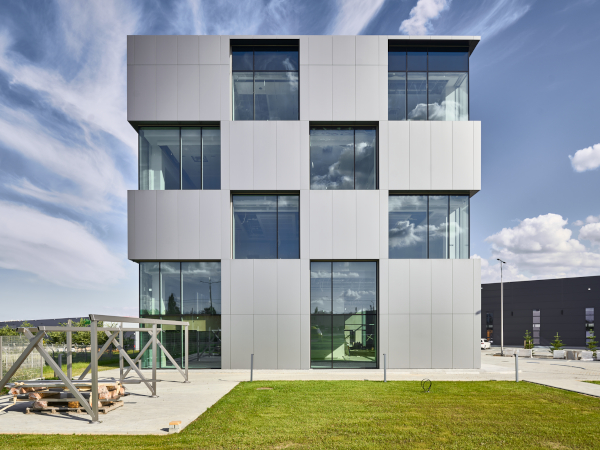
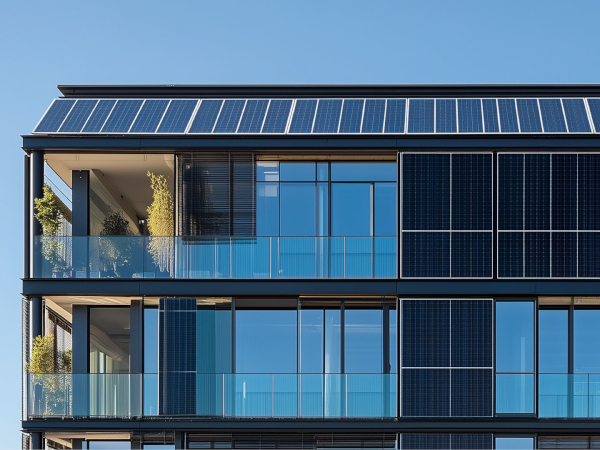


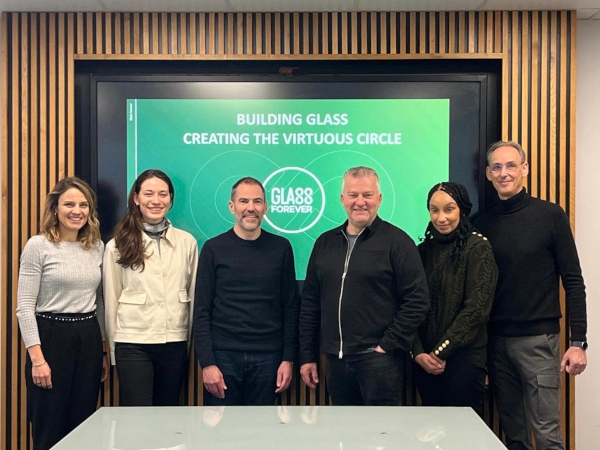


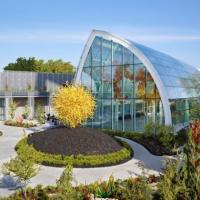

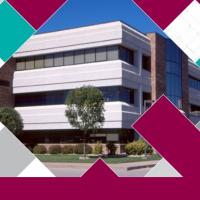
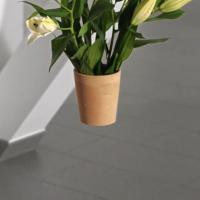
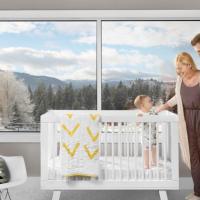
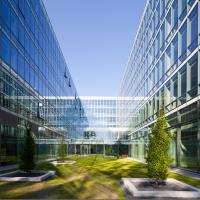
Add new comment